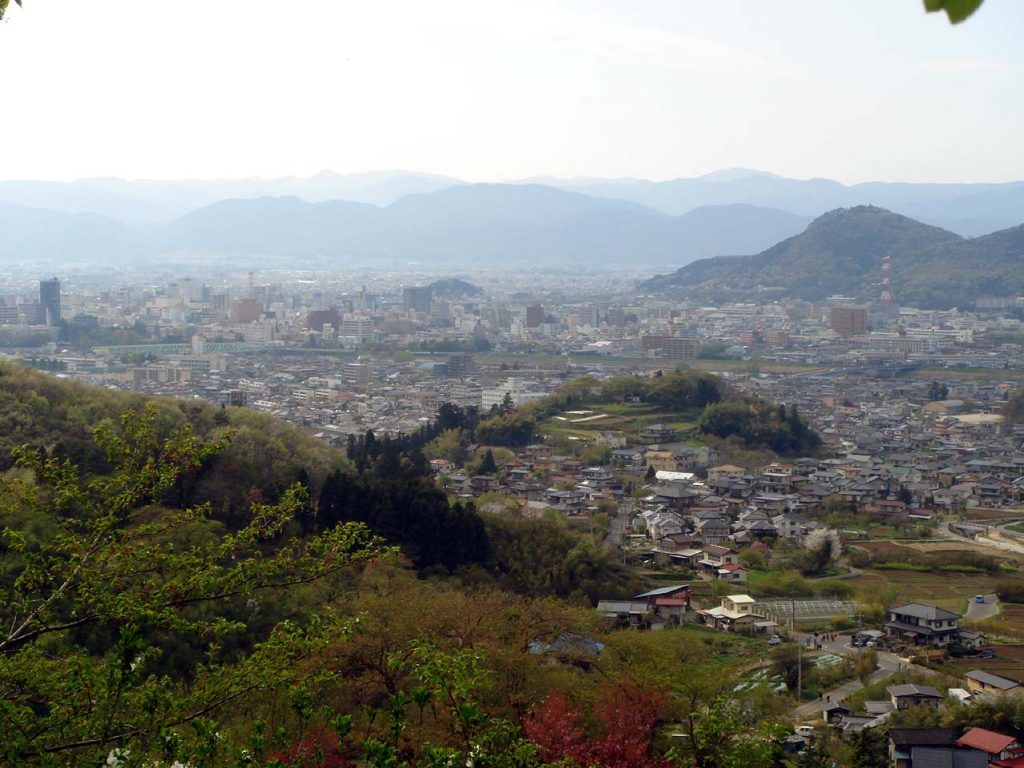
Fukushima Basin
Japan’s ‘akiya’ (empty housing) problem stems from a growing number of abandoned homes, particularly in rural areas, due to the country’s aging and shrinking population. As younger generations migrate to cities, many rural houses are left uninhabited. Inherited properties often remain vacant, as urban-based family members are reluctant to maintain or sell them. This leads to economic strain on local communities, where vacant homes lower property values, deteriorate, and become costly to manage. Additionally, the lack of demand for rural housing, combined with high renovation costs, makes it difficult to attract new buyers or residents.
In response, the government has introduced measures like ‘akiya banks’, which list vacant homes at low prices, and offer incentives such as renovation subsidies and relocation grants to encourage people to move to rural areas. However, these initiatives face challenges, as most younger people prefer urban living, and many vacant homes are in remote or economically struggling regions. Without addressing the underlying demographic and economic issues, the akiya problem is expected to continue growing. Japan’s evolving internal migration trends offer valuable insights for local governments looking to revitalise rural areas and attract new residents.
Fukushima Prefecture has achieved significant success using akiya banks with its migration initiatives, as evidenced by the latest data released in June 2024. By focusing on proactive consultation services and community appeal, Fukushima has set a record for relocation consultations and new residents. This article explores Fukushima’s approach and highlights how local authorities might implement similar strategies to strengthen their own communities.
Fukushima reported a total of 17,267 relocation consultations in the 2022 fiscal year, marking the third consecutive year it has ranked third nationwide. In addition to this high volume of inquiries, the prefecture saw a record-breaking 2,437 households and 3,419 new residents relocate, including those embracing dual community living. This achievement stems from several key elements that have made the region an attractive destination for both permanent and part-time residents.
A major factor behind Fukushima’s success lies in its coordinated consultation services, which involve collaboration between local municipalities and urban offices, including a dedicated relocation hub in Tokyo. By partnering with certified NPOs like the Furusato Return Support Centre, Fukushima has created a streamlined process for providing potential movers with clear, tailored guidance. This support system addresses the concerns of those contemplating a move and helps ensure they feel integrated into their new communities.
Fukushima’s efforts are also bolstered by data-driven policymaking. The prefecture collects and analyses annual statistics on the number of relocating households and individuals, focusing on permanent residents or those seeking multi-community living. This targeted approach excludes temporary relocations, such as those driven by work or education, ensuring that resources are directed toward long-term community growth and stability.
For many, the appeal of rural living has grown in the wake of the COVID-19 pandemic, with more people seeking lifestyle changes that prioritise quality of life. Fukushima has effectively tapped into this trend, promoting the region’s natural beauty, affordability, and slower pace of life. These factors resonate with urban dwellers looking for a more balanced lifestyle, drawing them toward regional relocation.
Regions in Scotland and Wales face similar issues, even if they have their own distinctive features. Other local governments facing similar challenges can adopt several strategies inspired by Fukushima’s success. Establishing regional relocation consultation hubs, potentially in partnership with urban offices or NGOs, would provide potential new residents with accessible and reliable information. Such collaborations between rural and urban areas ensure that people interested in relocating are supported throughout the process, making the transition smoother.
A focus on both permanent residents and those embracing dual residency could be particularly beneficial for the regions, where many individuals now seek part-time rural living while maintaining urban ties due to the flexibility of remote work. By promoting the benefits of rural life—such as lower living costs, access to nature, and a stronger sense of community—local governments can make rural areas more attractive to those considering a move from larger cities.
Regular data collection, like Fukushima’s approach, will also play a crucial role in measuring the success of relocation programs elsewhere. Monitoring the needs and experiences of new residents through surveys and consultations allows for continuous improvement and helps local governments refine their strategies over time.
In conclusion, Fukushima Prefecture’s approach to regional revitalisation offers valuable lessons for local authorities. By focusing on community appeal, proactive support systems, and data-driven strategies, local governments can encourage urban-to-rural migration and foster sustainable development in their regions. Investing in these efforts today could ensure the long-term vitality of smaller communities across the UK.
Fukushima Bonchi (Basin) Picture by BehBeh at Japanese Wikipedia, CC BY-SA 4.0, https://commons.wikimedia.org/w/index.php?curid=37055740

